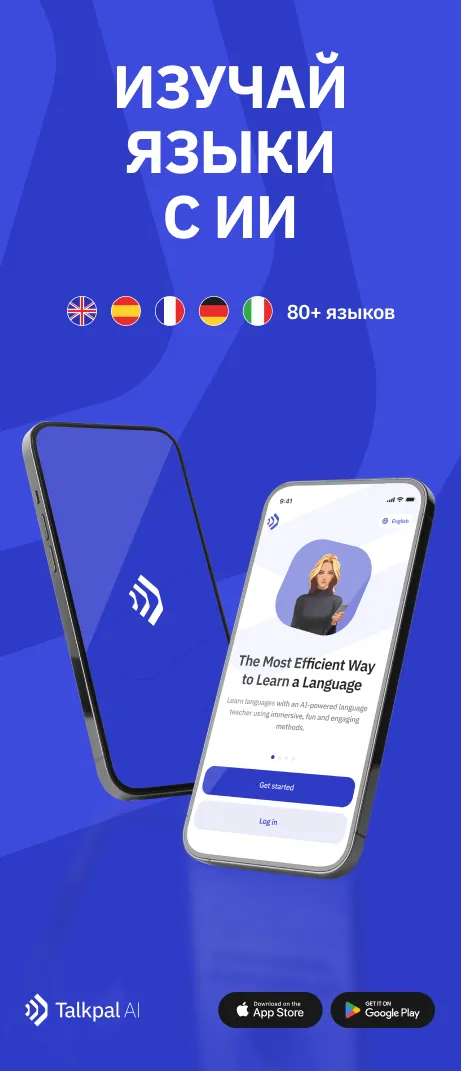Практика коротких ответов может значительно улучшить вашу способность быстро и правильно отвечать на вопросы на английском. В этой статье представлены упражнения, которые помогут закрепить навыки использования коротких ответов в повседневной речи и сделают ваш английский более автентичным. Уделите особое внимание времени глаголов и правильному использованию вспомогательных элементов.
Упражнение 1: Ответьте коротко на следующие вопросы
Did she visit the museum yesterday? — Yes, she *did*. (do)
Can he speak French? — No, he *can’t*. (cannot)
Has Tom finished his homework? — Yes, he *has*. (have)
Do you like pizza? — No, I *don’t*. (do not)
Is it raining outside? — Yes, it *is*. (be)
Were they at the party last night? — No, they *weren’t*. (were not)
Have we met before? — Yes, we *have*. (have)
Does she work here? — No, she *doesn’t*. (does not)
Will you be at home tomorrow? — Yes, I *will*. (will)
Should they call you later? — No, they *shouldn’t*. (should not)
Are you studying English now? — Yes, I *am*. (be)
Did it snow last winter? — No, it *didn’t*. (did not)
Could you help me, please? — Yes, I *could*. (could)
Has he ever been to Paris? — Yes, he *has*. (have)
Would you like some coffee? — No, thanks, I *wouldn’t*. (would not)
Упражнение 2: Дайте краткие ответы на утверждения
She’s already seen that movie. — Yes, she *has*. (have)
We weren’t at the conference last week. — No, you *weren’t*. (were not)
They can play the piano very well. — Yes, they *can*. (can)
She didn’t recognize you at first. — No, she *didn’t*. (did not)
He will be joining us for dinner tonight. — Yes, he *will*. (will)
You’ve been to this restaurant before. — No, I *haven’t*. (have not)
He can’t swim across the lake. — Yes, he *can*. (can)
They do their homework together every evening. — Yes, they *do*. (do)
We should start preparing for the exam. — No, we *shouldn’t*. (should not)
I must leave now or I’ll miss the bus. — Yes, you *must*. (must)
She doesn’t like spicy food. — No, she *doesn’t*. (does not)
You were sleeping when I called. — Yes, I *was*. (be)
They had seen that documentary before. — Yes, they *had*. (have)
I could hear them talking in the next room. — No, I *couldn’t*. (could not)
She would prefer to stay at home tonight. — Yes, she *would*. (would)










